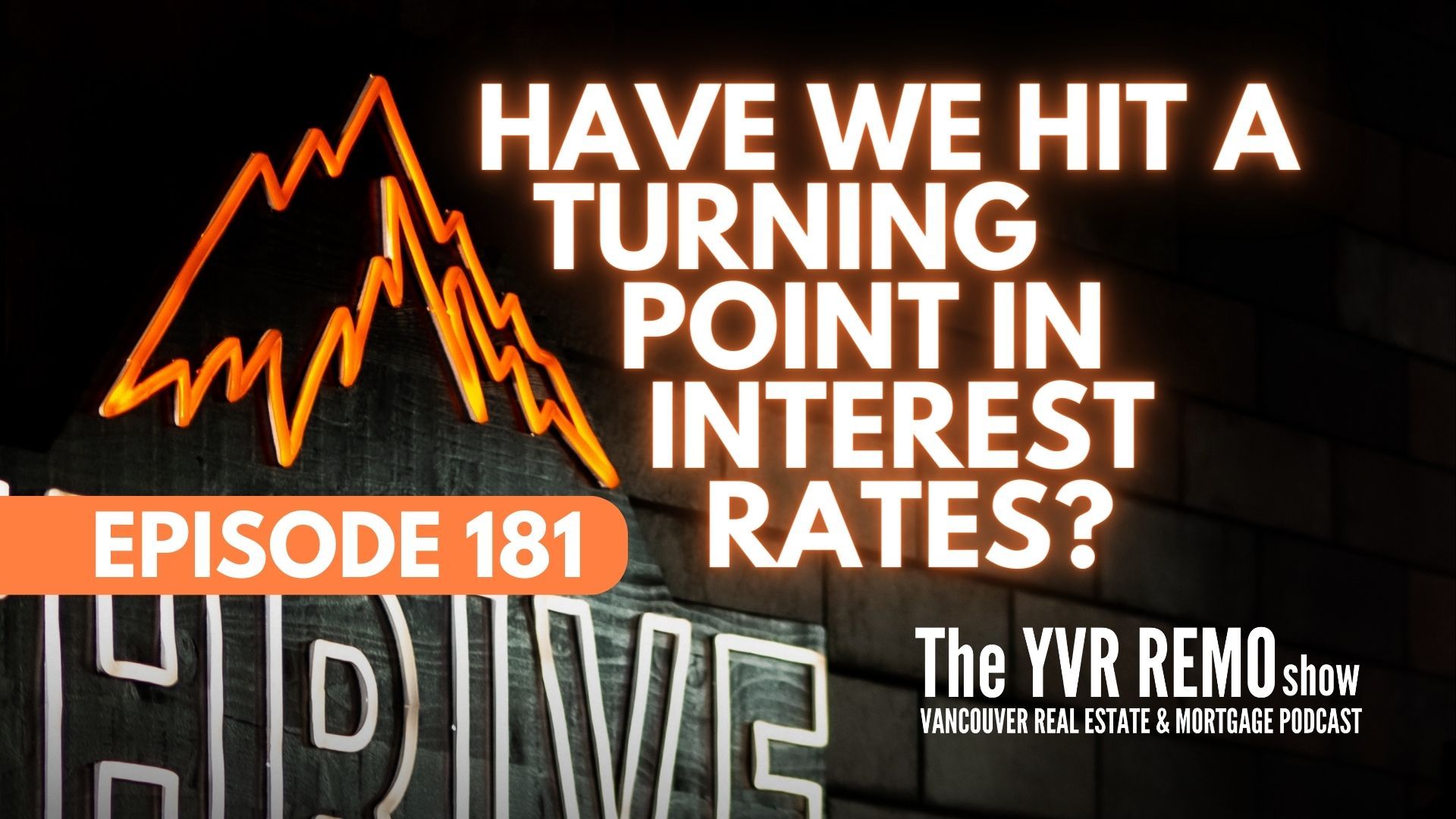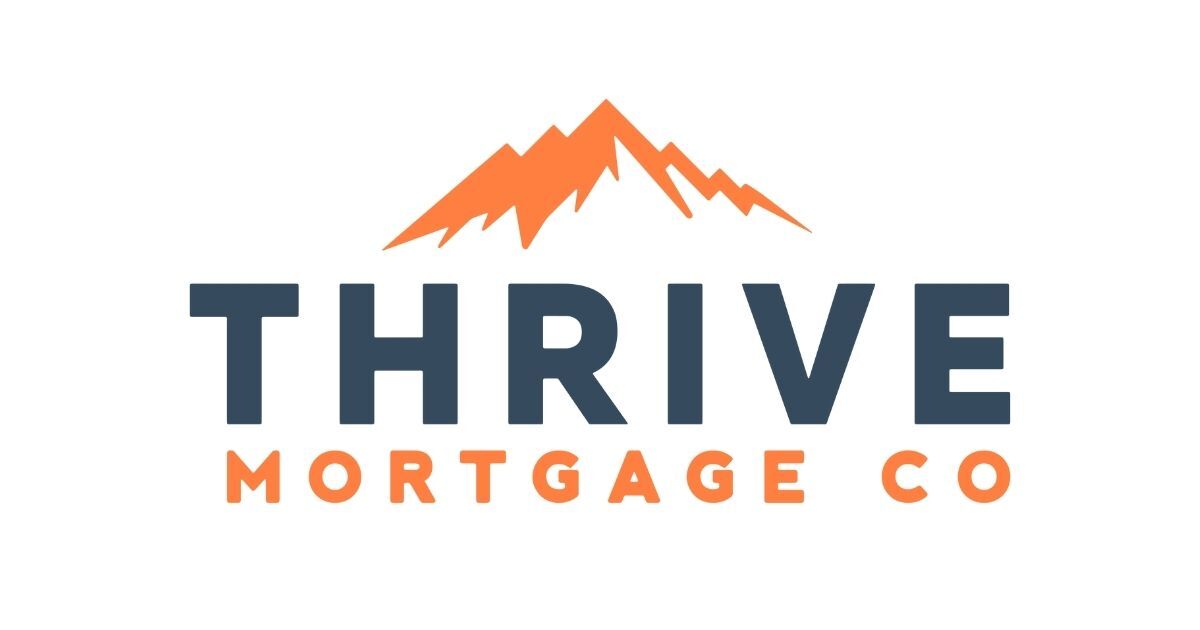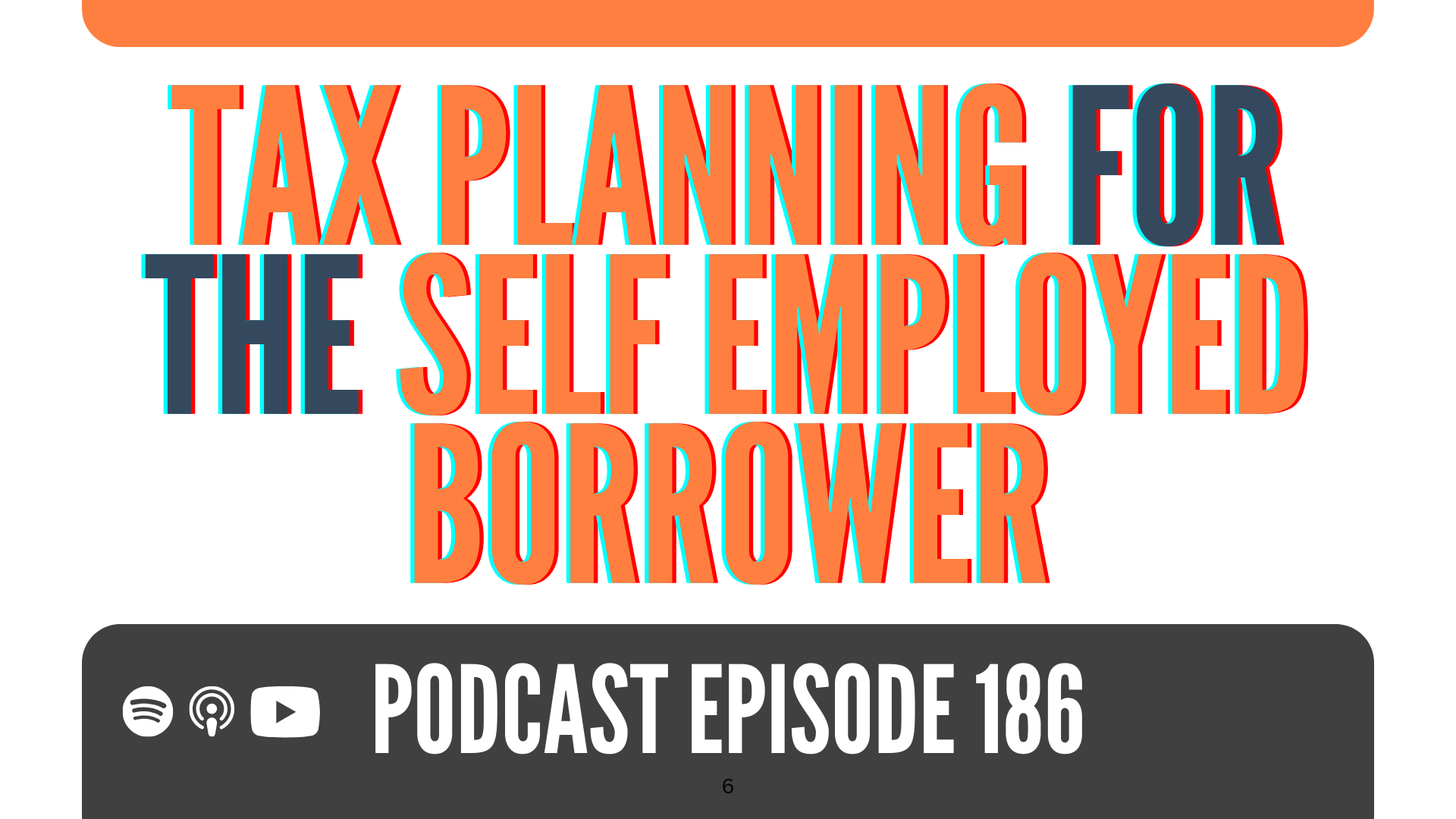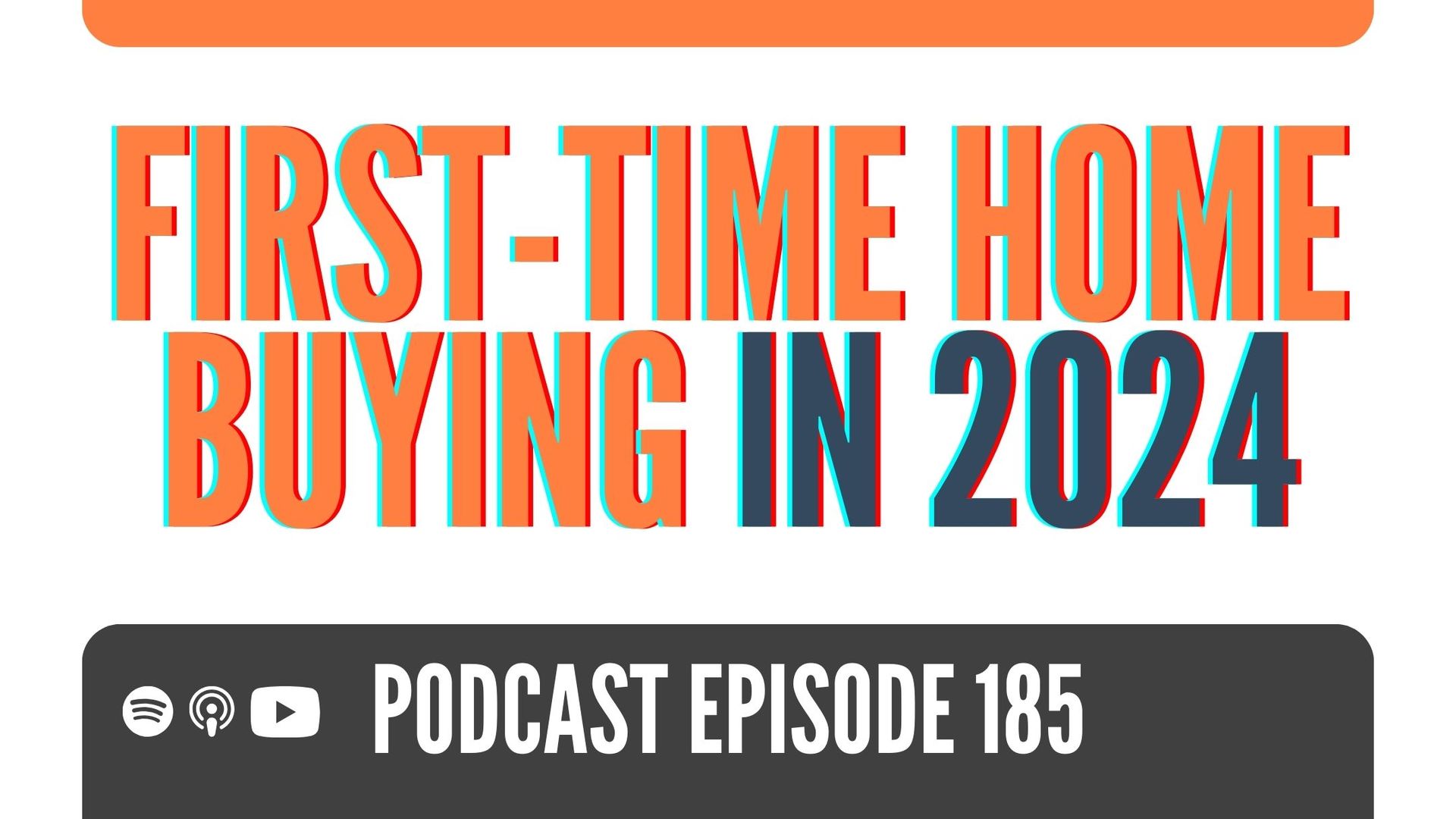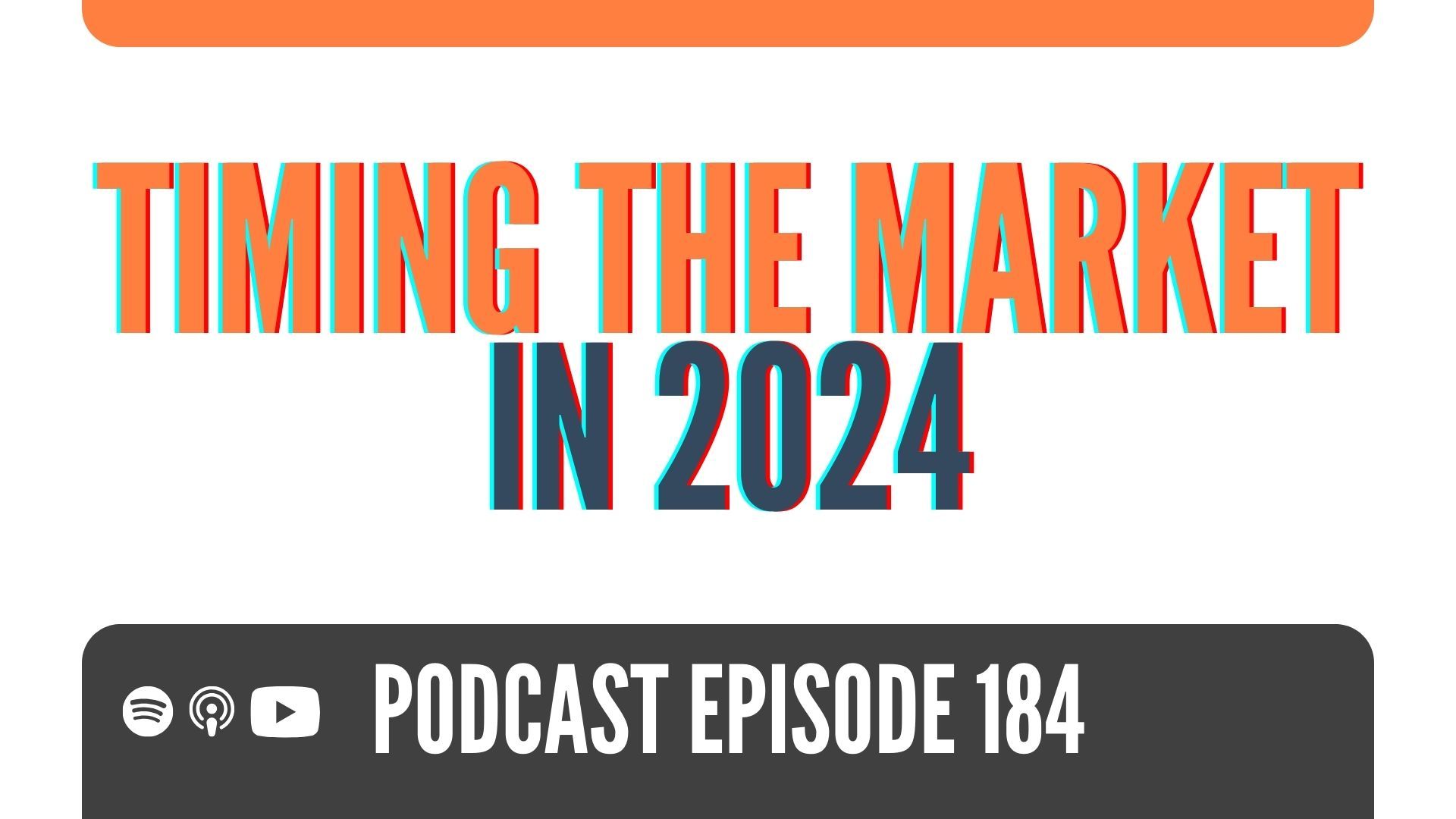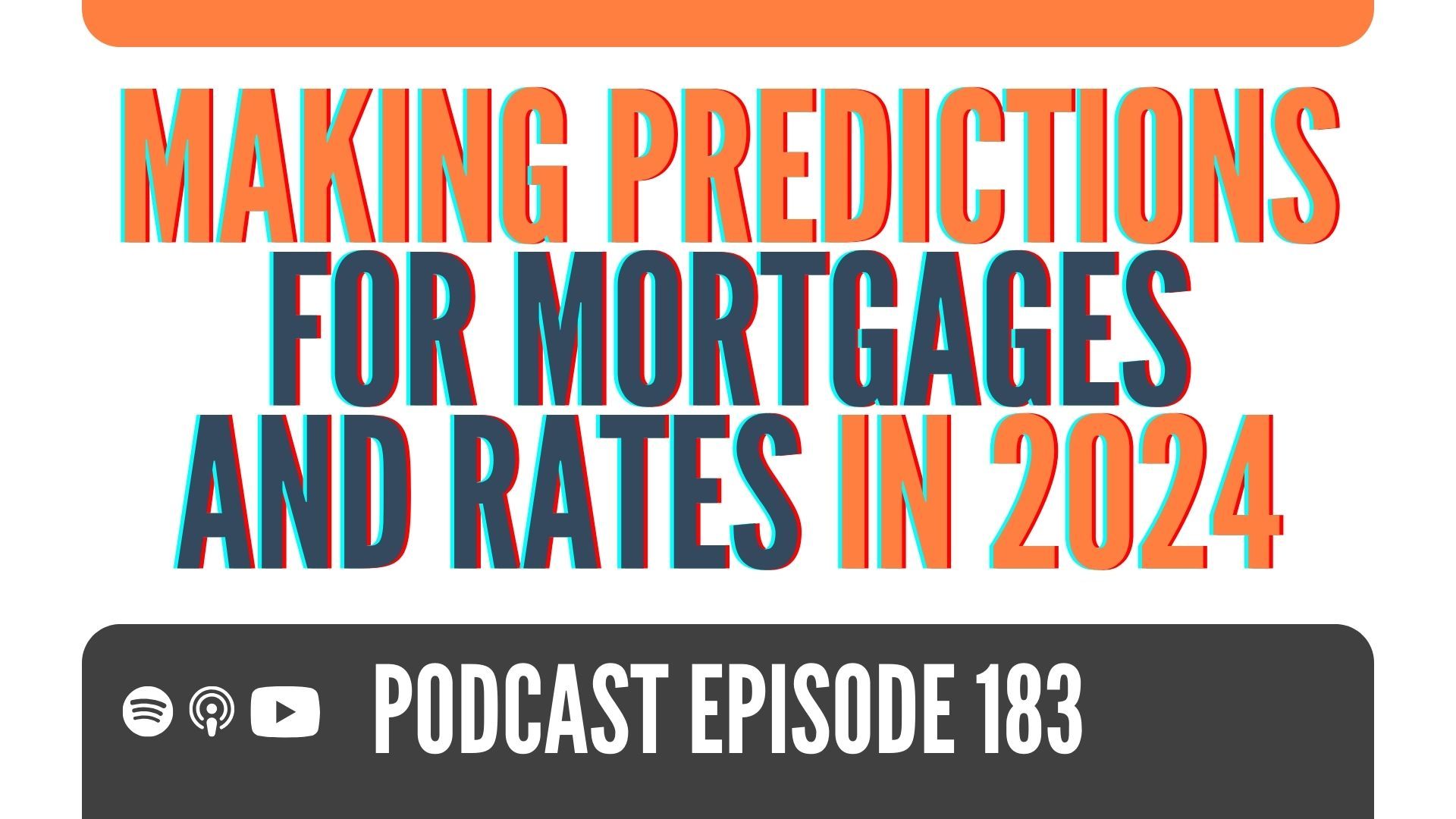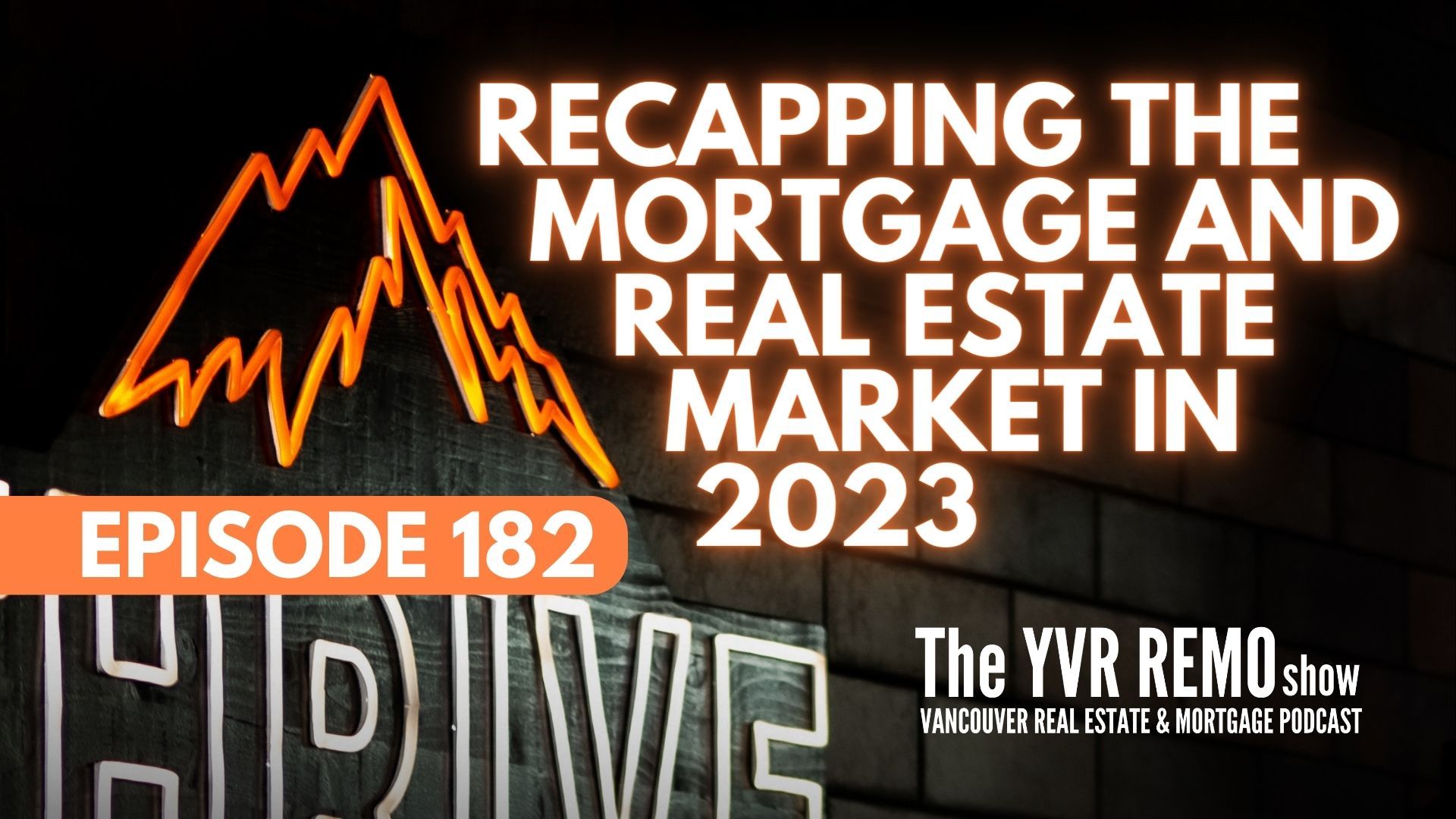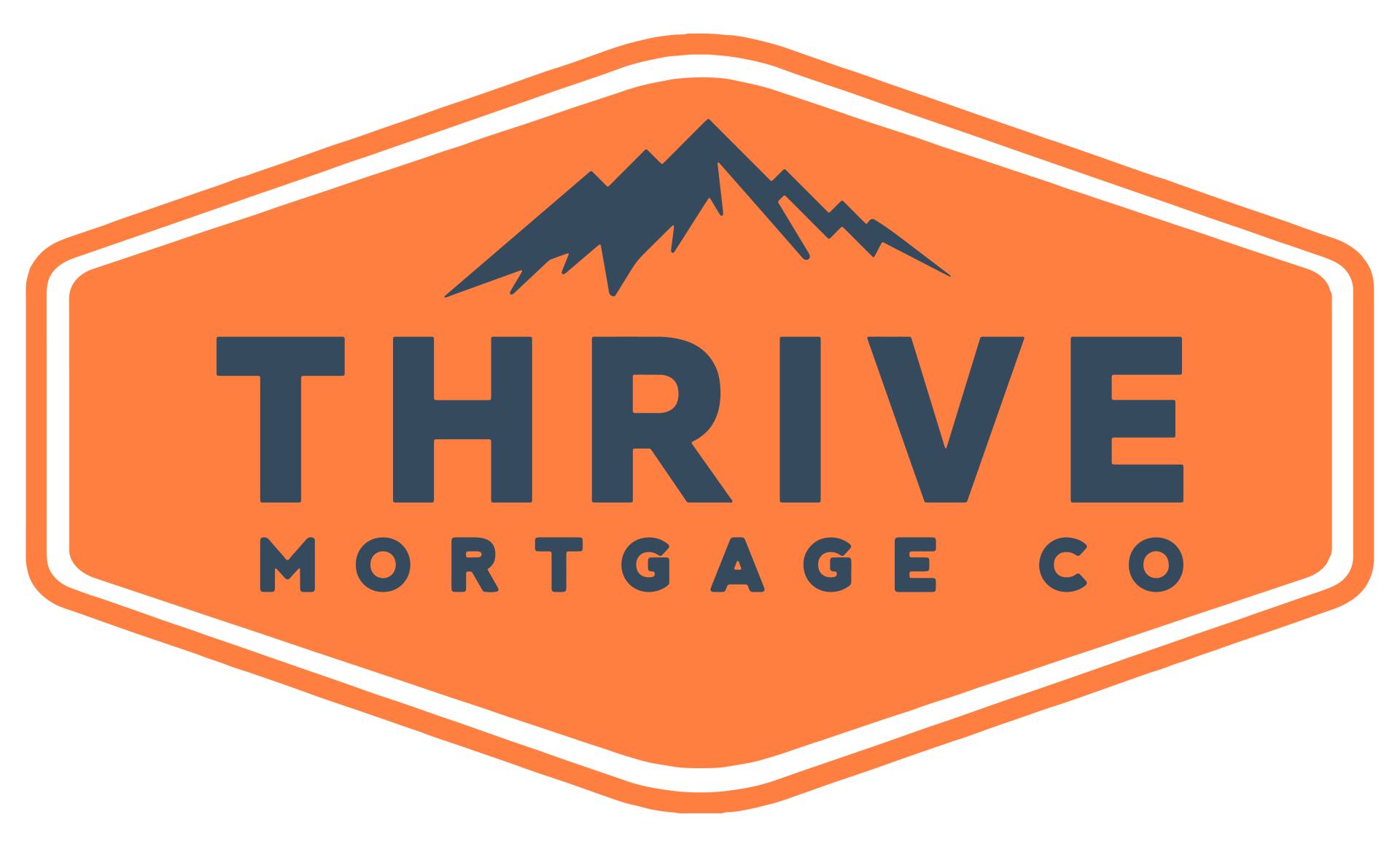The YVR Remo Show Episode 58 - Self Employed Mortgages: Everything You Need To Know
Are you self-employed and looking to get a mortgage?
This episode we are breaking down everything about self-employed mortgages. We will outline hot tips, what you should look for, what the banks look for, what's changing, what's changed, and so much more.
We've had so many people in the last three months reaching out, whether they recently started a business in the last year or their business has changed. The dynamics are different right now especially with the COVID year, which is going to impact our businesses for years to come. A lot of banks are now declining people and they don't understand why. Typically what happens is people either say I just can't buy a home or they will find someone like us, which is the best case scenario. We can actually guide you as to what to do.
Let’s start with some basics.
Gross Vs. Net
The net income is the amount that we're going to use for most cases. Gross income is going to be every dollar your company received in that calendar year. Net income is going to be the amount that’s left after paying taxes and payroll expenses. At the end of the year, especially if it was a tough year, nobody wants to hand over a bunch of money to the CRA. A lot of times accountants will help people find ways to reduce that tax bill which typically means reducing your net income, which is going to hinder your financing.
If you have plans of buying a house in the next year or two, you need to make sure that you're structuring your income properly. Have that conversation with your financing advisor, your mortgage broker, and that accountant and know what your plan is over the next one to two to three years. If we can structure a little bit of a higher net income amount, that is really going to set you up for success. You shouldn't try to cut corners when it comes to finding a good accountant. You definitely want to find someone reputable.
*Have conversations with the people that you're working with.
Are You Behind On Your Taxes With CRA?
The planning approach of gross versus net really correlates with being caught up on CRA. If you're essentially claiming a lot of net income, you need to be prepared for a very large tax bill with CRA. The other options, alternative lenders, that's where the tax strategy can really be a key conversation. If there's a $30,000 tax bill that has to be paid before you close, the lender will not fund your mortgage. If you're trying to calculate downpayment and closing costs, take that into consideration.
Can I get a mortgage if I have not paid my taxes for that year or the previous year?
That's one question we get a lot. The answer's no with some lenders. If there is CRA owing, a lot of banks will not allow you to use those proceeds from the refinance to pay CRA so it does have to be done ahead of time.
There are some exceptions to that. There are types of lenders that will consider paying them out. We would help some clients where we just put them into a private loan for 3-6 months or even just a 30 day period and then transition them into a conventional lender. That's where the whole idea of private financing can make sense. Private finance is a good option but can be costly with legal and lender fees. We started to see deposit loan financing as people are actually using that idea to pay CRA and then doing a refinance. There's some strategies there to save money but it ultimately does come down to some sort of a private lending company to help you. Basically, taxes do need to be paid. It's just how you do it is the question and what does that look like?
*If you have a really strong application, we've seen a couple credit unions actually help us with CRA.
How Does Incorporation Impact What I Can Qualify For In A Mortgage?
Let’s speak to the conventional lender. If you just incorporated less than a year ago, or less than two years ago, you are going to have a difficult time getting approved for financing with your typical conventional bank. They will want a full two year tax history of your newly incorporated company. I think we should note, one exception is depending on the time of year, if you've just recently become incorporated, it is possible to consider looking at your previous couple of years. Once you file your taxes and you are now paying yourself as an incorporation, things change. That's where we need to look at different types of lending options. If you're earning more than you need to live, incorporating is a very good idea because you can leave the excess funds within the corporation. If Alex is living off $50,000 a year, and that's all he draws out, that's what he's going to be paying personal tax on. That's what the lenders are going to be using to qualify. We see a lot of people that make a ton of money, but they just leave it on their corporation and that can cause issues for financing as well. It's the same concept of gross and net and just making sure that you know, your personal income is staying at a reasonable level. Having the requirement to have two years history being incorporated, that isn't the case with all lenders. People are sole proprietors for a number of years or contemplating going incorporated and you know trying to plan that with bank financing. Back to the self -employed lenders, to B lenders, those alternative type lenders, you don't need to have the two year history. It really does come down to the story. A lot of times the bank might just see a tax document, and it doesn't line up because it was a sole-proprietor and now it's a dividend. They might just say no, right? But we've also had success in building a story and explaining why you incorporated and showing them proof that it is the exact same business and nothing has changed? There are exceptions that can be made.
Individuals that are recently incorporated, I get this a lot where they have a hard time understanding why there's all these additional documents requested. When you're incorporated, the banks look for financial statements for that company. When you're incorporated, your company is now looked at as another person, another entity. There is documentation that is specific to that incorporated entity. That comes up quite a bit where there can be confusion. Just be prepared, when you are incorporated, there are more doc's going to be required. That's why a clear communication-line with the broker, the financing advisor, and the accountant is so key. Someone could claim a ton of personal income but the lender could look at the financial statements from the company. If it's running a massive deficit or there's a huge loss, they could decline the file because the financial statements of the company where you're drawing your income don't actually support it. Typically, a lender wants to see a two year average of someone's income to see how their business is doing year over year.
*If we're starting to see lenders starting to look at a year over year decline, for example, you claimed $100,000 one year and $50,000 the next year, they're more likely going to use the $50,000. They're not going to average the two of those because that is a 50% drop in your overall income. That's a very dramatic drop there. There are certain lenders in that scenario where it was $100,000 to $90,000. They'll take the difference between the two and say use $95,000. Your average income is very important. Talking about that tax planning year over year couldn't be more important. If you had a really low year in 2019 and then 2020 was 10 times the amount of income, some lenders won't use the average because they think it's unrealistic.You need to make sure that if you have a very low year, we understand why. We have a client that bought a ton of equipment in 2019. His personal income was actually really low. Because we explained that to the lender, they were willing to use an average.
Has COVID Affected Self-Employed Lending
There's been a lot of industries that have had a hard go with COVID. There's been some industries that absolutely boomed because of COVID. We've seen massive increases just because of COVID as well. Someone who's self employed, this is going to impact you in 2021-2023. You have two to three more years where this is going to make a difference. As we get a larger sample size, you're going to notice more lenders compare you to someone similar in your field. That's the subjective side of lending.
Instead of looking at a two year history, they're allowing us to use a three year history because of that declining year. The three year is actually getting them to where they should be. There are some exceptions there, which has been nice to see through CMHC, they have made some flexibility for these types of individuals. This also makes me think a lot because we talk a lot about pre-approvals and how some people go shopping without getting pre-approved. Some people come to us in the middle of the process of getting declined. The reason I think that happens quite a bit is they think exactly to your point, I made a lot of money last year, I should be able to buy this home. They're obviously frustrated to find out that they need, you know, 300 documents and a large story about what's happened. The pre-approvals with being self employed are much different than being an employee. Typically, it's not exactly a cut and dry situation, there's a lot more coaching. This is just the importance of working with a professional in these cases to at least coach you through the process and help you understand the risks and rewards of the home buying process. Even though you can't get an exact pre approval, you should be able to get ranges as to where you should fall and have that. Just be prepared for that because how much would it suck to go out and think you've made X amount of dollars and then get declined by the banks and not know about any alternative options? It happens all the time. People walk into the bank where they've had their business account for years and they've been declined or they've been given a mortgage amount far lower than they would have ever expected. Having access to these different programs is key, lenders look at self-employed individuals differently.
*Part of our pre-approval process is just to make sure everything's still in line. That comes back to communication throughout the year. Touch base with your mortgage professional and let them know about the changes in your income. You should be proactively telling your broker about these changes because we can't anticipate what your business is doing.
What Is B-Lending And What Does It Look Like?
These are local banks such as Canadian Western Bank. They are very common for people who are self-employed or people who have rough credit. Those are the two most common reasons. Where a B lender can really benefit someone who's self-employed is if you're not qualifying based on your actual personal income, which happens constantly. A B-lender could be a really good short term solution, maybe for a year or two while you work on your income. They'll actually look at bank statements, they won't even ask for your tax returns to look at 12 months of bank statements We work with you to fill out a spreadsheet that includes some expenses and we can state your income at a more reasonable level. B lenders will actually sign off on that. A lot of times we can get clients, triple the mortgage qualification if not more just based on these programs. There are extra costs. These lenders are taking on greater risk. You're typically paying about a 1% higher rate. There is a fee involved. It's short term, we typically would never put someone into a product without having an exit strategy, which is if you're not qualifying right now, here's what you need to claim for 2021 and 2022. At that point, we can transition you back to a conventional lender. Some clients come to terms with being with a B lender forever, just simply because of the amount of tax savings that they're having with their accountant continuing to go forward with this aggressive accounting strategy.
What About Co-Signers?
Last but not least, co-applicants and co-signers, what does that look like? There has been a lot of confusion again with co-signers when it's added to a self-employed file. If we have to state the income it's either treated as stated income or it's not. Merging those two applicants together can sometimes cause some confusion depending on who the lender is. So again, back to people walking into the one institution and getting declined even with the co-signer having options. Looking at your options is really important when it comes to co-signers as well. Don't just step back because you've been declined, right? Get a second opinion. Families usually are willing to help. If it means getting into a property, a year earlier or six months earlier, it can go a very long way. Whether you're a real estate agent and you're working on commissions, whether you're someone in the health field, working contracted, maybe you have a new clothing company or a store that you shared, all different unique circumstances is again the importance of working with somebody who knows what they're talking about.
Have more questions? Get ahold of us!
We're on Instagram!
instagram.com/thrivemortgageco
Check us out on Facebook!
How to Reach US! 📲
Call 604.398.5575 or Email us!
More Questions or READY to get started!?
Just Ask US > Click Here to set up a call or EMAIL us
